cart
Cart total price:
Why Conca del Riu Anoia: In 1888, Manuel Raventós Doménech creates a sparkling wine from Penedés with the three native varieties: Xarel·lo, Macabeu and Parellada. When we created CAVA in 1872, we dreamed of a World Class sparkling wine. This is why Josep Raventós Fatjó innovated with Xarel.lo from the same vineyard where "de la Finca" comes from to this day. He understood the great potential of this grape, the mineral structure of our oldest soils and, most importantly, that to become a World Class you have to be AUTHENTIC. After 150 years CAVA has become a volume-oriented DO lacking geographical distinction in terms of climate and soils; it also suffers from low viticultural standards. In 1888, Manuel Raventós Doménech creates a sparkling wine from Penedés with the three native varieties: Xarel·lo, Macabeu and Parellada. When we created CAVA in 1872, we dreamed of a World Class sparkling wine. This is why Josep Raventós Fatjó innovated with Xarel.lo from the same vineyard where "de la Finca" comes from to this day. He understood the great potential of this grape, the mineral structure of our oldest soils and, most importantly, that to become a World Class you have to be AUTHENTIC. After 150 years CAVA has become a volume-oriented DO lacking geographical distinction in terms of climate and soils; it also suffers from low viticultural standards. As you all know, Raventós i Blanc was created to give a "raison d'être" to an estate where vines have been grown since 1497, and to continue a family vine-growing tradition that stretches back over 20 generations. The founder, Josep María Raventós i Blanc, believed in the closest possible connection between man and nature, following the ideal of the Catalan country folk which isrooted deep in their land. With this philosophy he wanted to create a true alternative to champagne. We want to recover the long lost characteristics of that life based around the traditional farmhouse of the Penedès region and the local vine-growing culture in which the land, the vines, the animals and man all work together as an In 1888, Manuel Raventós Doménech creates a sparkling wine from Penedés with the three native varieties: Xarel·lo, Macabeu and Parellada. When we created CAVA in 1872, we dreamed of a World Class sparkling wine. This is why Josep Raventós Fatjó innovated with Xarel.lo from the same vineyard where "de la Finca" comes from to this day. He understood the great potential of this grape, the mineral structure of our oldest soils and, most importantly, that to become a World Class you have to be AUTHENTIC. After 150 years CAVA has become a volume-oriented DO lacking geographical distinction in terms of climate and soils; it also suffers from low viticultural standards. As you all know, Raventós i Blanc was created to give a "raison d'être" to an estate where vines have been grown since 1497, and to continue a family vine-growing tradition that stretches back over 20 generations. The founder, Josep María Raventós i Blanc, believed in the closest possible connection between man and nature, following the ideal of the Catalan country folk which isrooted deep in their land. With this philosophy he wanted to create a true alternative to champagne. We want to recover the long lost characteristics of that life based around the traditional farmhouse of the Penedès region and the local vine-growing culture in which the land, the vines, the animals and man all work together as anagricultural whole - biosynergy. We believe that there is an opportunity for honest wines resulting from a single estate, a specific climate, native grape varieties and a rigorous, well-defined and respectful form of viticulture. For this reason, in November 2012 we decided to leave the CAVA DO. We believe that we need to create a LOCAL, VITICULTURALLY ORIENTED and super exigent DO in order to frame our wines and help them to be better understood worldwide. CONCA DEL RIU ANOIA - Means the following requirements and compromises: The wine must be 100% estate produced and bottled. The winery may not buy finished wine or ageing bottles and cannot have done so in the three years prior to joining the new DO. The wine must be at Minimum 50% Estate grown. If grapes are purchased, a minimum price will be established at 1 euro/kg, and the following restrictions will be enforced: - The grower must demonstrate a 100% dedication to agriculture - There must be oversight and control of any third-party viticultural company employed. - The vineyard must be an average of at least 10 years old. At least 20 years old would be ideal. - The vines must be cropped to a maximum of 10,000 kg / ha - The date of harvest will be determined by the taste of the berries, the sugar/acid balance, the health of the vine and the weather forecast. - All grapes will be hand-picked and transported in containers weighing less than 2,000 lbs. "Whole Grape Winery" 100% organic and biodynamic viticulture. 100% Native Grape Varieties in all cuvees. Must age for at least 18 months. Always vintage, nature comes first. Origin Valley of the River Anoia. This area extends from the Mediterranean Sea to the Catalan Mountains and from the River Anoia to the River Foix. Everything will be determined based on geology.
26.46 eur
(Bottle price)
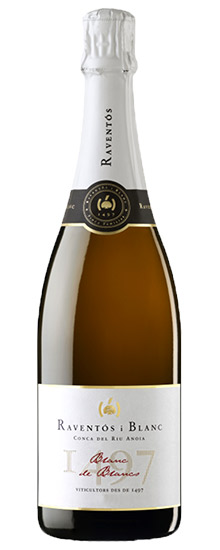
90
30.69 eur
(Bottle price)

90
35.31 eur
(Bottle price)
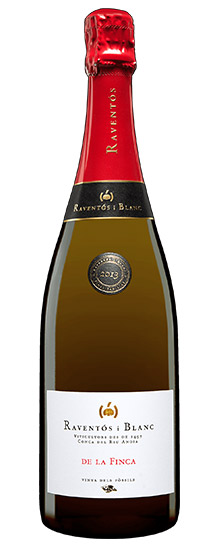
88
92.75 eur
(Bottle price)
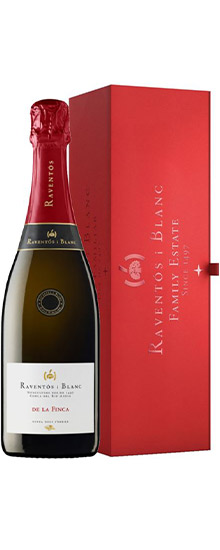
88
168.80 eur
(Bottle price)
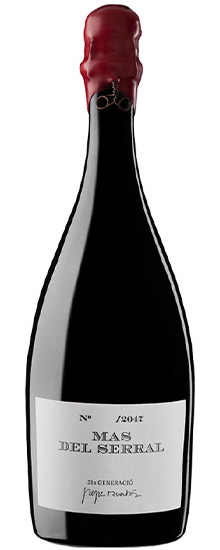
99
337.61 eur
(Bottle price)
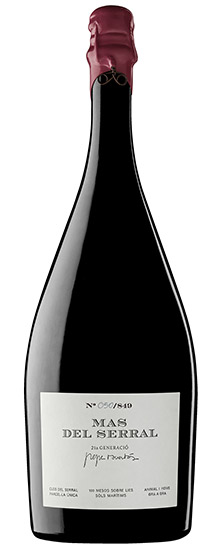
99
30.69 eur
(Bottle price)
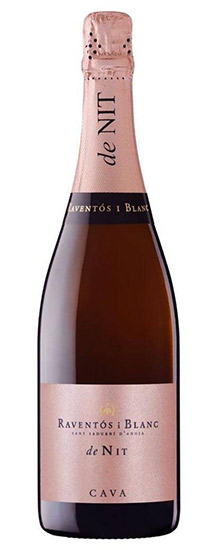
89
34.93 eur
(Bottle price)

89
79.55 eur
(Bottle price)
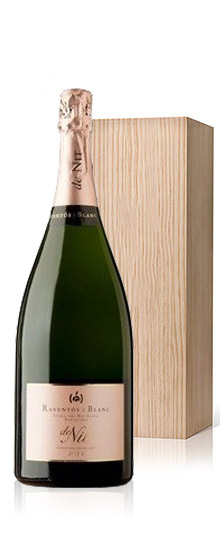
89
50.06 eur
(Bottle price)
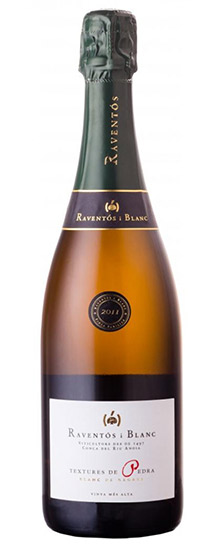
93
110.60 eur
(Bottle price)

93